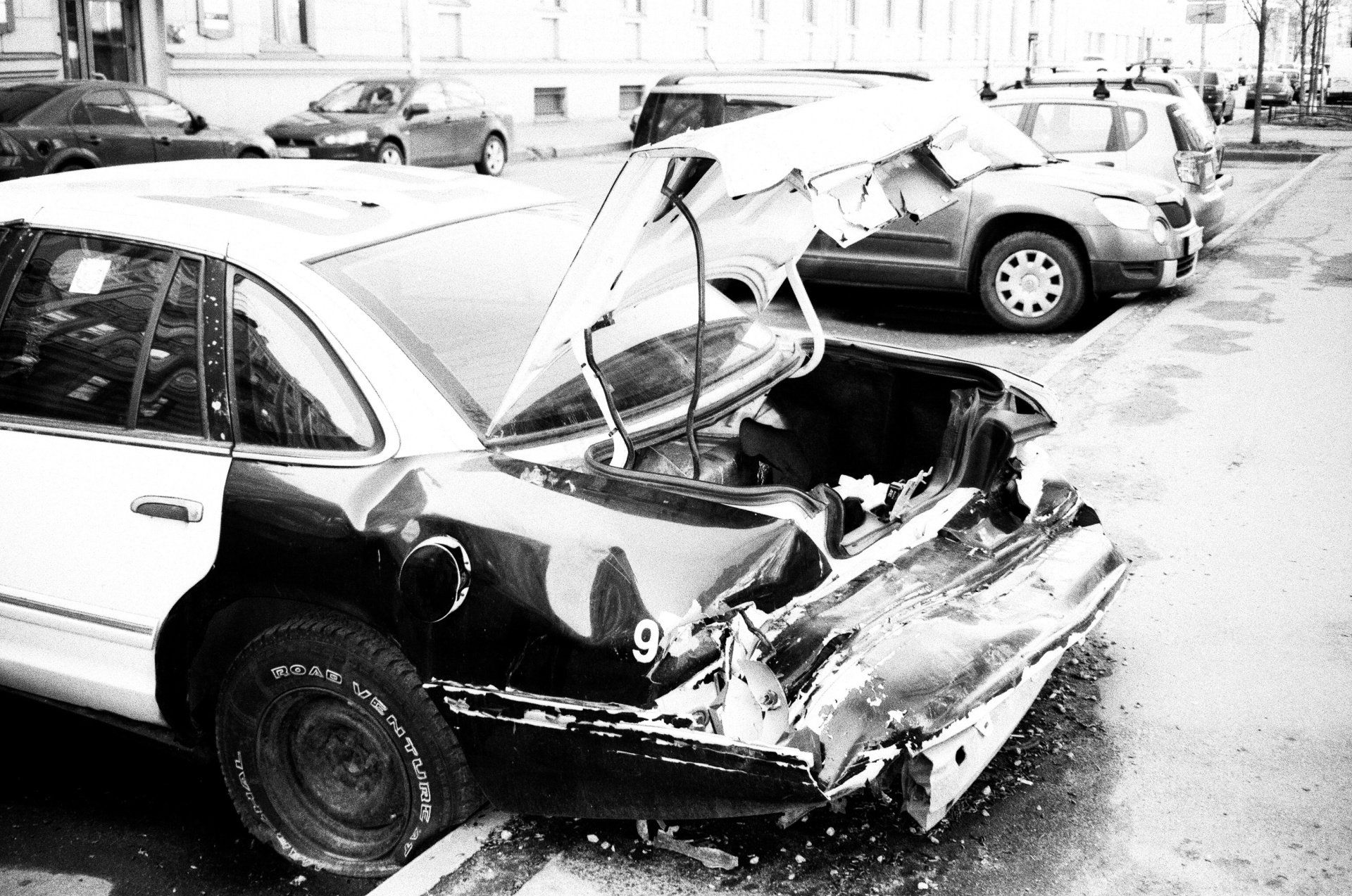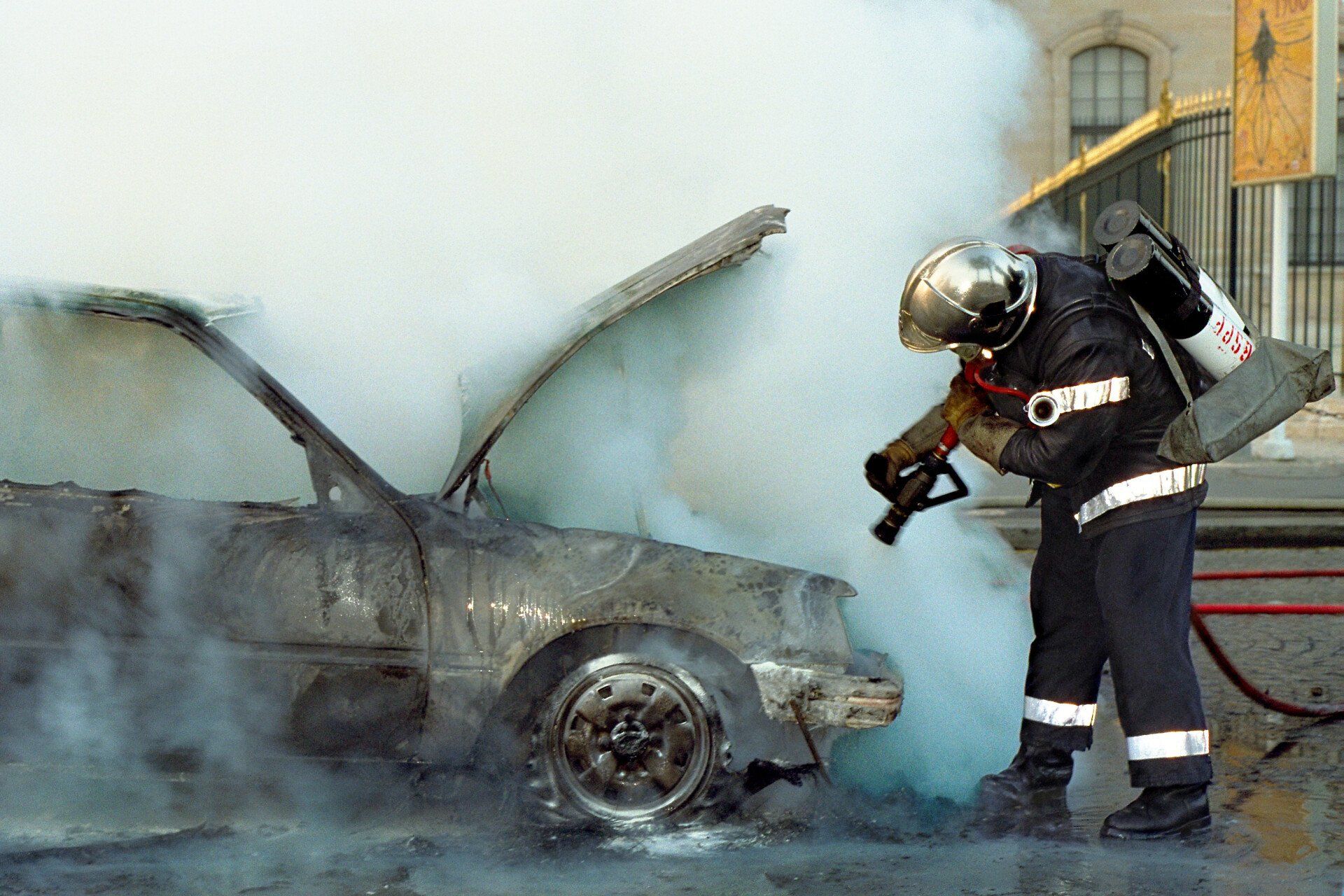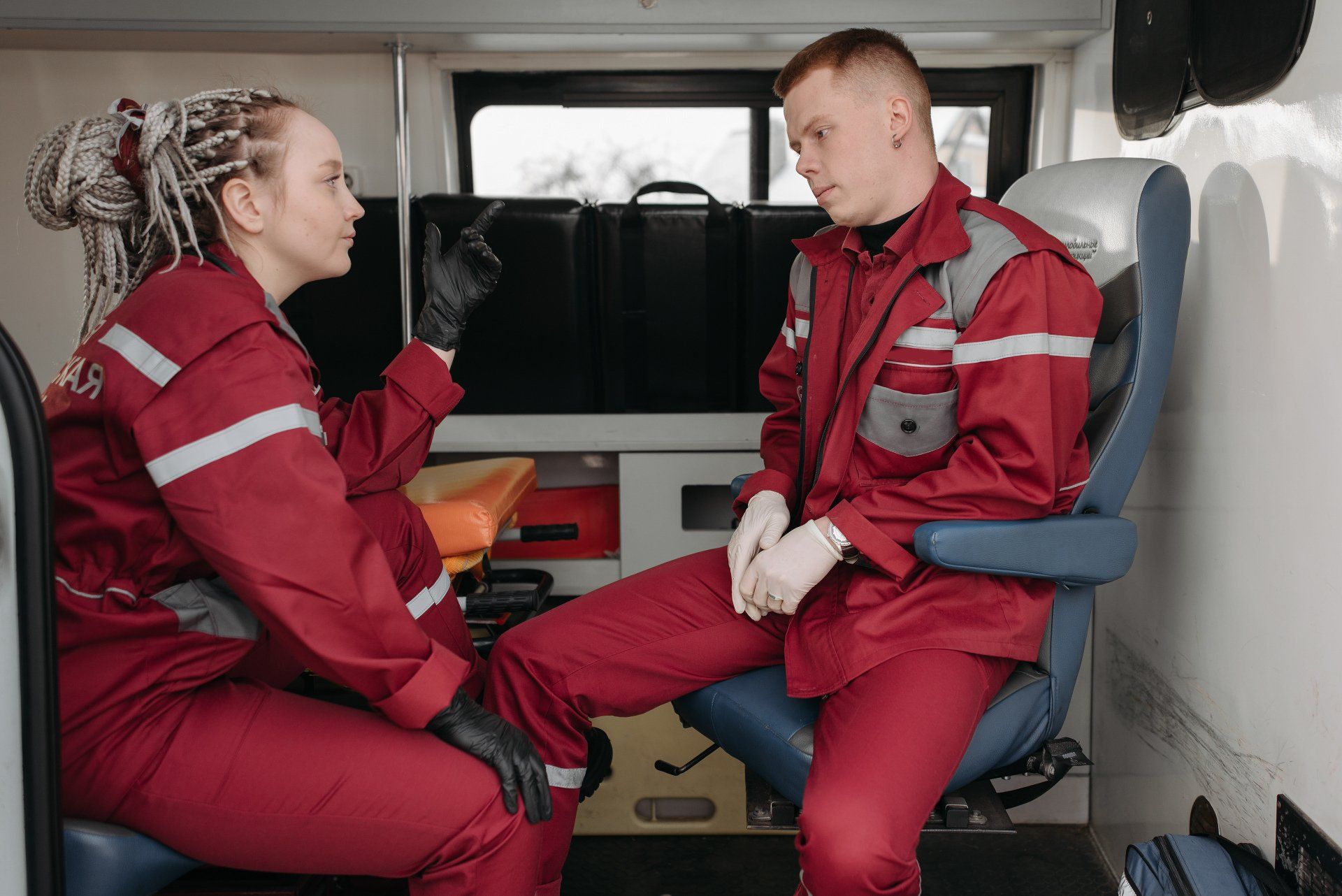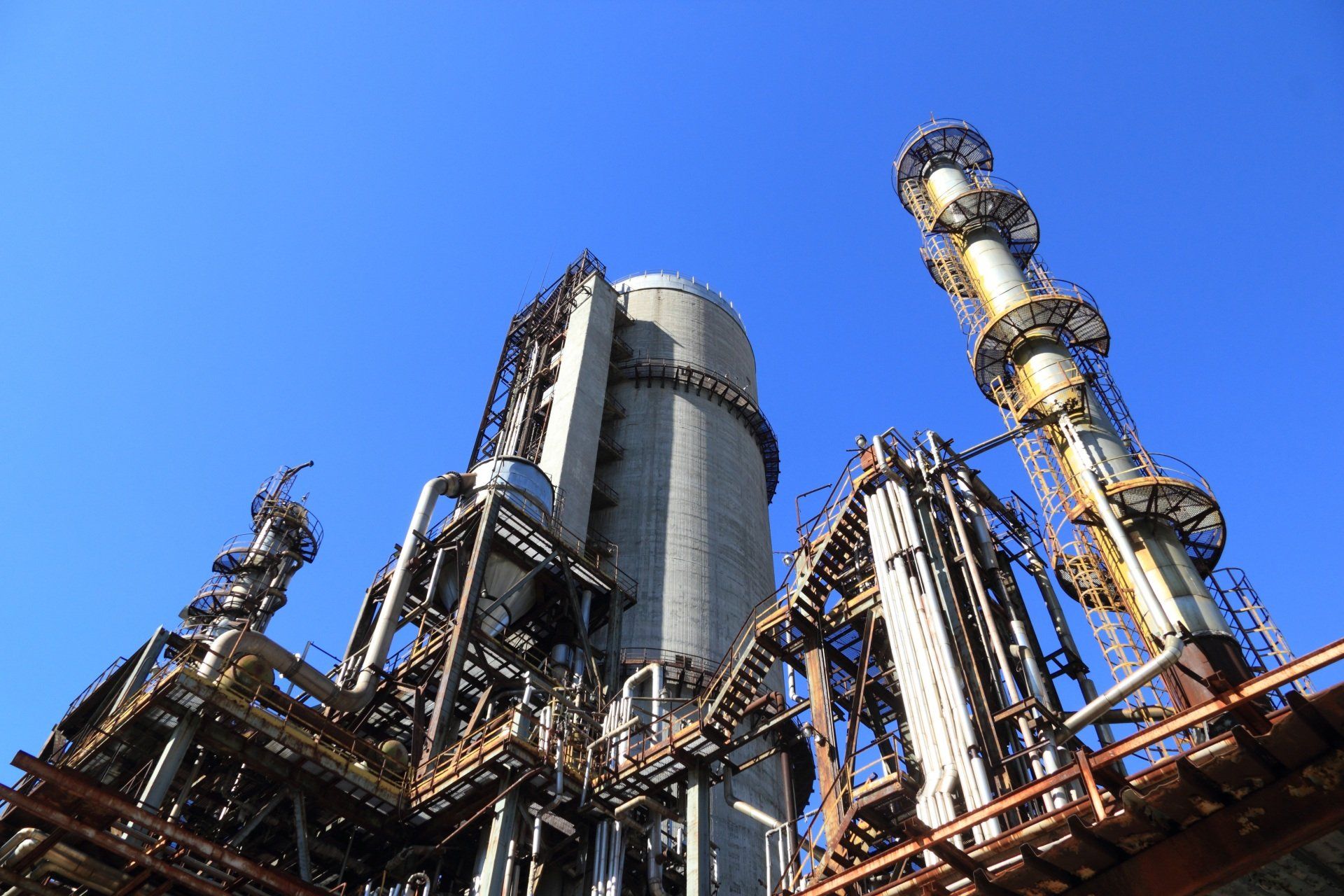


Trucking Accidents: How Negligence Impacts Liability and Compensation
A2X LAW
Trucking accidents are among the most severe and devastating incidents on our roadways. The consequences of such accidents can be catastrophic, causing injuries, property damage, and, in the worst cases, loss of life. When these accidents occur, understanding the role of negligence is vital, as it directly influences the determination of liability and the compensation available to victims.
Consider a recent trucking accident where a truck driver failed to observe a red traffic signal and collided with another vehicle, resulting in serious injuries to the occupants. An investigation into the accident revealed that the trucking company had a history of pressuring drivers to meet tight delivery schedules, which often led to drivers disregarding safety precautions. In this case, evidence such as traffic camera footage, witness statements, and the truck's black box data played a pivotal role in proving driver negligence and potential employer negligence. The example demonstrates how negligence, both on the part of the driver and the employer, can significantly impact the outcome of a trucking accident case, influencing liability and the compensation available to victims.
The Importance of Identifying Negligence
Negligence is a central element in most trucking accident cases. It refers to a failure to exercise reasonable care that results in harm to others. When it comes to trucking accidents, negligence can take various forms, and identifying it is the key to establishing fault and pursuing compensation.
Types of Negligence in Trucking Accidents
- Driver Negligence: One of the most common forms of negligence in trucking accidents is driver negligence. This can encompass behaviors such as speeding, distracted driving, driving under the influence, fatigue, or other actions that breach the standard of care expected of a truck driver. Driver negligence is a significant factor in many trucking accidents.
- Employer Negligence: In some cases, the trucking company or employer may be found negligent for various reasons. This could include failing to properly maintain their vehicles, hiring unqualified drivers, violating safety regulations, or pushing drivers to meet unrealistic delivery schedules. When an employer's actions contribute to an accident, they may share in the liability.
Impact on Liability and Compensation
Negligence plays a critical role in determining both liability and compensation in trucking accident cases:
- Liability: Identifying negligence is the cornerstone of establishing liability. It helps determine who is at fault for the accident. In many cases, multiple parties may share liability, including the driver, the trucking company, and potentially even third parties responsible for maintenance or cargo loading.
- Compensation: The extent of negligence found in a trucking accident directly affects the compensation available to victims. In cases where the truck driver and/or their employer are found negligent, victims may be eligible to receive compensation for medical expenses, lost wages, pain and suffering, property damage, and other losses.
Understanding Comparative Negligence
It's important to note that some states apply comparative negligence rules, which means that the compensation awarded to the victim may be reduced based on their degree of fault in the accident. In states with modified comparative negligence, a victim may be eligible for compensation as long as their fault is less than a certain percentage (often 50%). In pure comparative negligence states, victims can receive compensation even if they are primarily at fault, but the amount is reduced proportionally.
Proving Negligence in Trucking Accidents
Establishing negligence in trucking accident cases requires a careful and comprehensive examination of various factors. Here are some key elements that are considered when determining negligence:
- Driver Behavior: Driver negligence can be evident through actions like speeding, distracted driving, impaired driving, fatigued driving, and failure to follow traffic rules. These behaviors often leave behind evidence, such as witness statements, police reports, and black box data, that can be crucial in proving negligence.
- Vehicle Maintenance: Neglecting the maintenance of a truck's mechanical components, including brakes, tires, and lights, can lead to accidents. Proper maintenance records and inspections are vital in proving whether negligence in this area contributed to the accident.
- Employer Practices: Trucking companies may be found negligent for hiring unqualified drivers, pushing their drivers to meet unrealistic schedules, failing to monitor driver compliance with safety regulations, or inadequate training. Employment records, schedules, and company policies can provide evidence of such negligence.
Seeking Compensation After a Trucking Accident
When you're involved in a trucking accident, taking the right steps can make a significant difference in seeking compensation for your losses:
- Contact Law Enforcement: Immediately after the accident, call the police to the scene to ensure an official report is generated. This report can serve as critical evidence in proving negligence.
- Gather Evidence: Document the accident scene as thoroughly as possible. Take photographs, collect witness statements, and obtain the contact information of everyone involved. This evidence can be crucial in demonstrating negligence.
- Seek Medical Attention: Even if your injuries seem minor, it's essential to seek medical attention promptly. Some injuries may not become apparent until later, and having a medical record can substantiate your claim for compensation.
- Preserve Evidence: Ensure that all evidence, such as vehicle damage, maintenance records, and electronic data from the truck's black box, is preserved. This evidence can help establish negligence.
- Consult an Attorney: Trucking accident cases are complex, and insurance companies may attempt to minimize their liability. Consulting an experienced attorney specializing in trucking accident cases can provide invaluable guidance and representation.
- Negotiate or Litigate: Depending on the circumstances, you may need to negotiate a settlement with the at-fault party or pursue litigation to seek compensation for your losses.
Trucking accidents are often life-altering events, and understanding the role of negligence in these incidents is vital for protecting your rights and pursuing the compensation you deserve. Proving negligence, gathering evidence, and seeking legal counsel are essential steps in navigating the complexities of trucking accident cases. If you find yourself in such a situation, don't hesitate to reach out to Anderson Alexander Law for the expertise and support you need to assert your rights and pursue justice. Remember, understanding negligence is the first step in the journey toward securing the compensation and resolution you deserve.

Trucking Accidents: How Negligence Impacts Liability and Compensation
A2X LAW
Trucking accidents are among the most severe and devastating incidents on our roadways. The consequences of such accidents can be catastrophic, causing injuries, property damage, and, in the worst cases, loss of life. When these accidents occur, understanding the role of negligence is vital, as it directly influences the determination of liability and the compensation available to victims.
Consider a recent trucking accident where a truck driver failed to observe a red traffic signal and collided with another vehicle, resulting in serious injuries to the occupants. An investigation into the accident revealed that the trucking company had a history of pressuring drivers to meet tight delivery schedules, which often led to drivers disregarding safety precautions. In this case, evidence such as traffic camera footage, witness statements, and the truck's black box data played a pivotal role in proving driver negligence and potential employer negligence. The example demonstrates how negligence, both on the part of the driver and the employer, can significantly impact the outcome of a trucking accident case, influencing liability and the compensation available to victims.
The Importance of Identifying Negligence
Negligence is a central element in most trucking accident cases. It refers to a failure to exercise reasonable care that results in harm to others. When it comes to trucking accidents, negligence can take various forms, and identifying it is the key to establishing fault and pursuing compensation.
Types of Negligence in Trucking Accidents
- Driver Negligence: One of the most common forms of negligence in trucking accidents is driver negligence. This can encompass behaviors such as speeding, distracted driving, driving under the influence, fatigue, or other actions that breach the standard of care expected of a truck driver. Driver negligence is a significant factor in many trucking accidents.
- Employer Negligence: In some cases, the trucking company or employer may be found negligent for various reasons. This could include failing to properly maintain their vehicles, hiring unqualified drivers, violating safety regulations, or pushing drivers to meet unrealistic delivery schedules. When an employer's actions contribute to an accident, they may share in the liability.
Impact on Liability and Compensation
Negligence plays a critical role in determining both liability and compensation in trucking accident cases:
- Liability: Identifying negligence is the cornerstone of establishing liability. It helps determine who is at fault for the accident. In many cases, multiple parties may share liability, including the driver, the trucking company, and potentially even third parties responsible for maintenance or cargo loading.
- Compensation: The extent of negligence found in a trucking accident directly affects the compensation available to victims. In cases where the truck driver and/or their employer are found negligent, victims may be eligible to receive compensation for medical expenses, lost wages, pain and suffering, property damage, and other losses.
Understanding Comparative Negligence
It's important to note that some states apply comparative negligence rules, which means that the compensation awarded to the victim may be reduced based on their degree of fault in the accident. In states with modified comparative negligence, a victim may be eligible for compensation as long as their fault is less than a certain percentage (often 50%). In pure comparative negligence states, victims can receive compensation even if they are primarily at fault, but the amount is reduced proportionally.
Proving Negligence in Trucking Accidents
Establishing negligence in trucking accident cases requires a careful and comprehensive examination of various factors. Here are some key elements that are considered when determining negligence:
- Driver Behavior: Driver negligence can be evident through actions like speeding, distracted driving, impaired driving, fatigued driving, and failure to follow traffic rules. These behaviors often leave behind evidence, such as witness statements, police reports, and black box data, that can be crucial in proving negligence.
- Vehicle Maintenance: Neglecting the maintenance of a truck's mechanical components, including brakes, tires, and lights, can lead to accidents. Proper maintenance records and inspections are vital in proving whether negligence in this area contributed to the accident.
- Employer Practices: Trucking companies may be found negligent for hiring unqualified drivers, pushing their drivers to meet unrealistic schedules, failing to monitor driver compliance with safety regulations, or inadequate training. Employment records, schedules, and company policies can provide evidence of such negligence.
Seeking Compensation After a Trucking Accident
When you're involved in a trucking accident, taking the right steps can make a significant difference in seeking compensation for your losses:
- Contact Law Enforcement: Immediately after the accident, call the police to the scene to ensure an official report is generated. This report can serve as critical evidence in proving negligence.
- Gather Evidence: Document the accident scene as thoroughly as possible. Take photographs, collect witness statements, and obtain the contact information of everyone involved. This evidence can be crucial in demonstrating negligence.
- Seek Medical Attention: Even if your injuries seem minor, it's essential to seek medical attention promptly. Some injuries may not become apparent until later, and having a medical record can substantiate your claim for compensation.
- Preserve Evidence: Ensure that all evidence, such as vehicle damage, maintenance records, and electronic data from the truck's black box, is preserved. This evidence can help establish negligence.
- Consult an Attorney: Trucking accident cases are complex, and insurance companies may attempt to minimize their liability. Consulting an experienced attorney specializing in trucking accident cases can provide invaluable guidance and representation.
- Negotiate or Litigate: Depending on the circumstances, you may need to negotiate a settlement with the at-fault party or pursue litigation to seek compensation for your losses.
Trucking accidents are often life-altering events, and understanding the role of negligence in these incidents is vital for protecting your rights and pursuing the compensation you deserve. Proving negligence, gathering evidence, and seeking legal counsel are essential steps in navigating the complexities of trucking accident cases. If you find yourself in such a situation, don't hesitate to reach out to Anderson Alexander Law for the expertise and support you need to assert your rights and pursue justice. Remember, understanding negligence is the first step in the journey toward securing the compensation and resolution you deserve.
FOR YOU
A LEGAL BLOG
FOR YOU
A LEGAL BLOG
BY A2X LAW | SEP 25, 2023
Get the lowdown on the Fair Labor Standards Act (FLSA) - the foundation of workers' rights.












